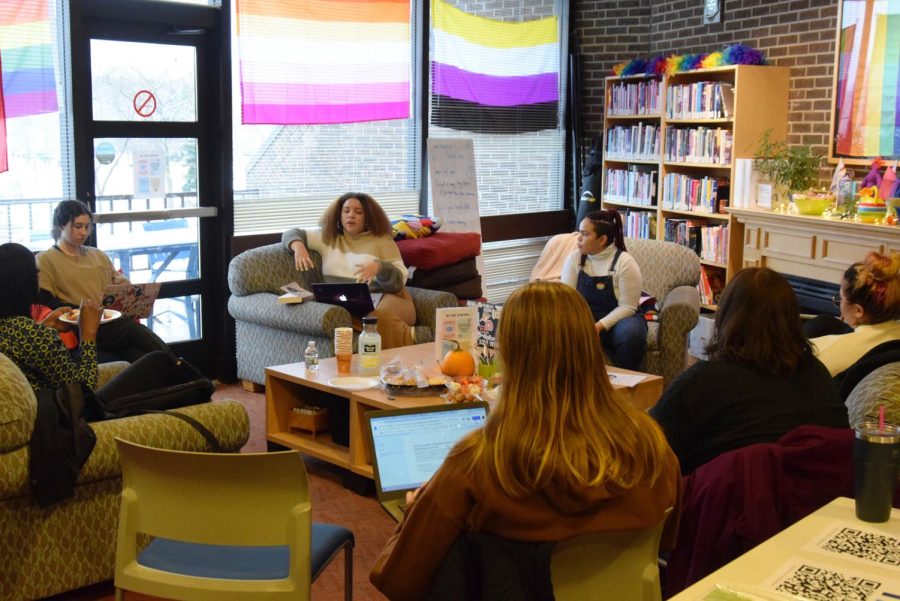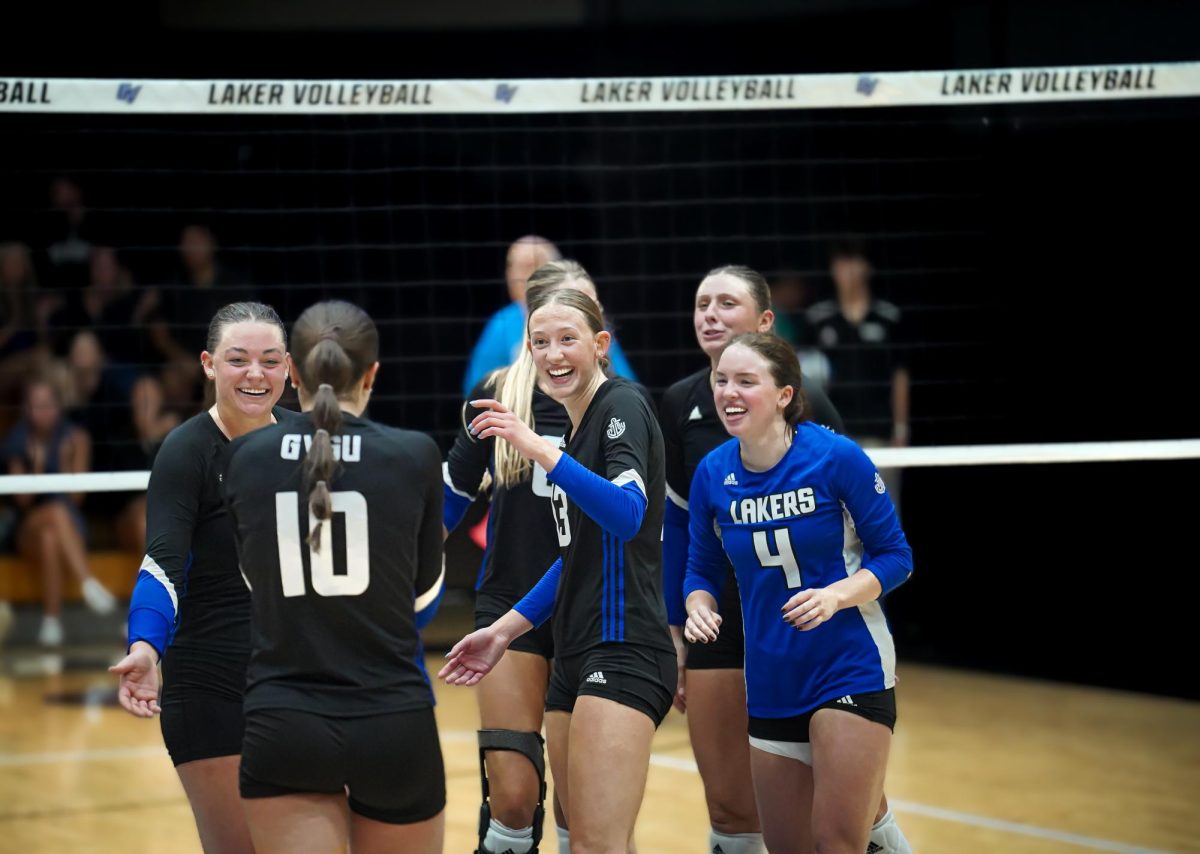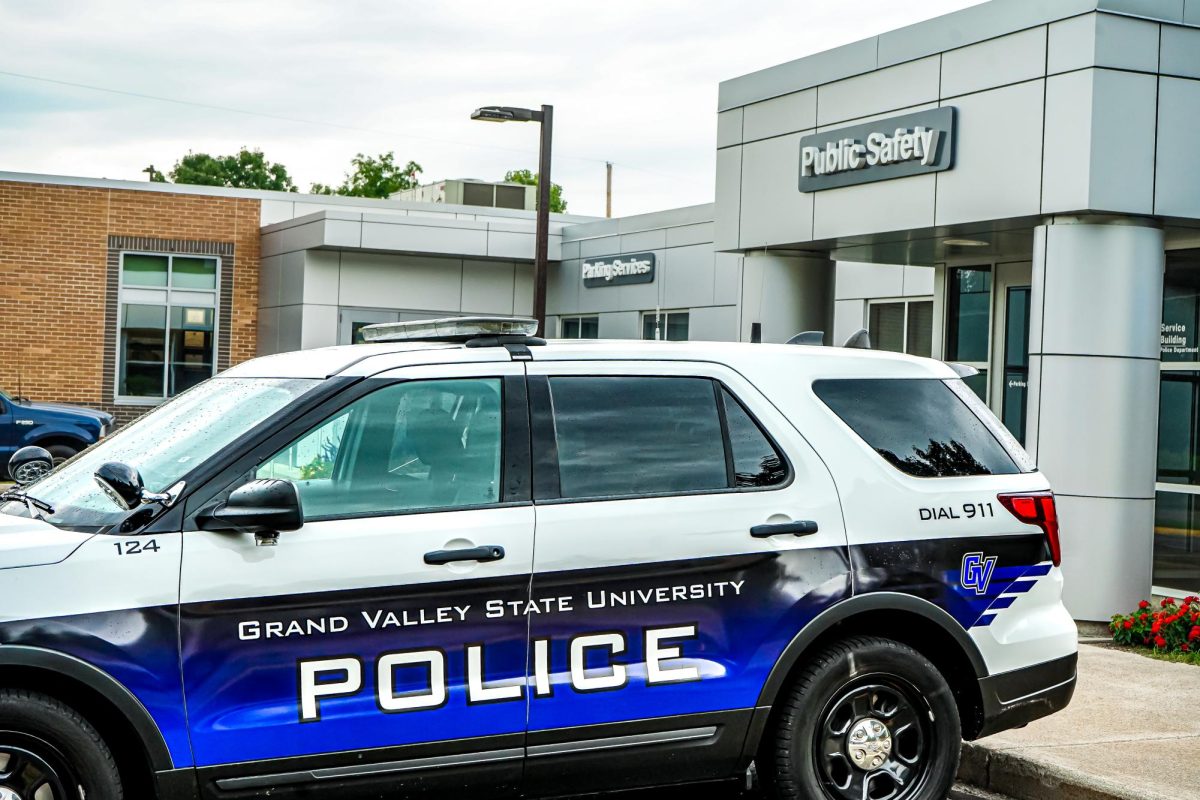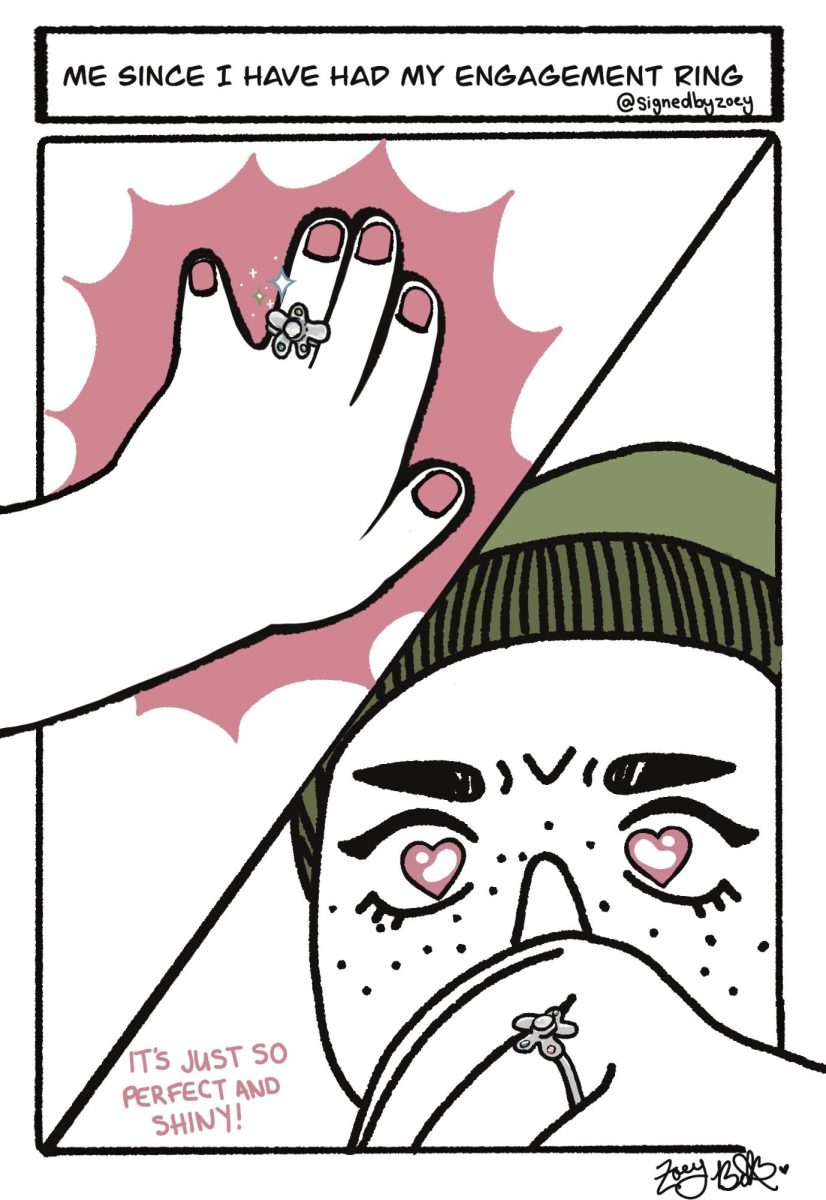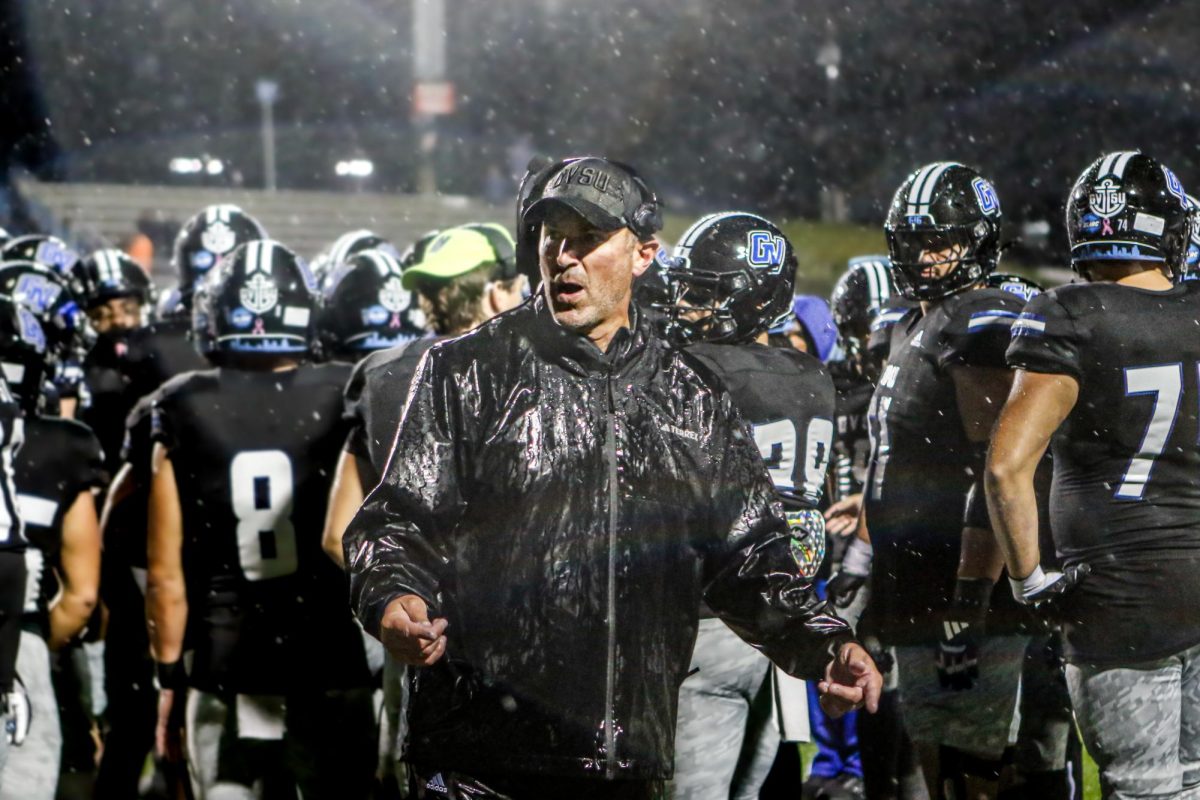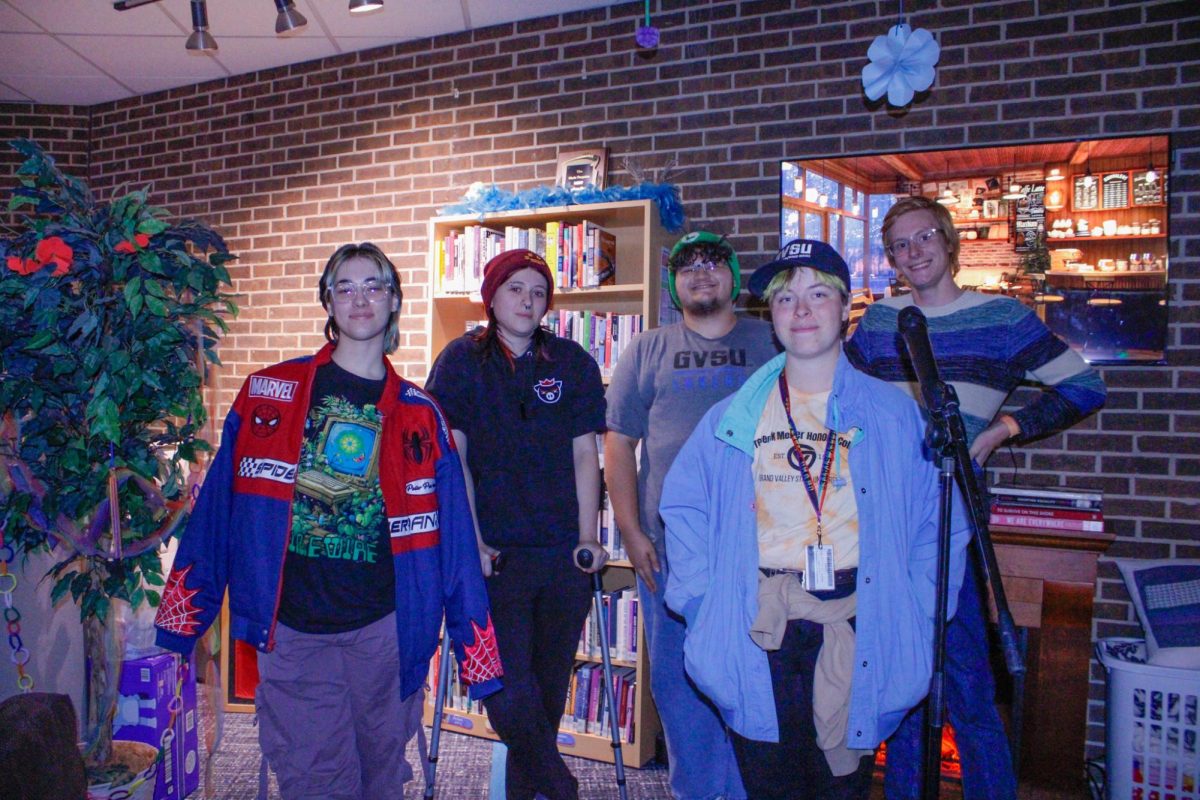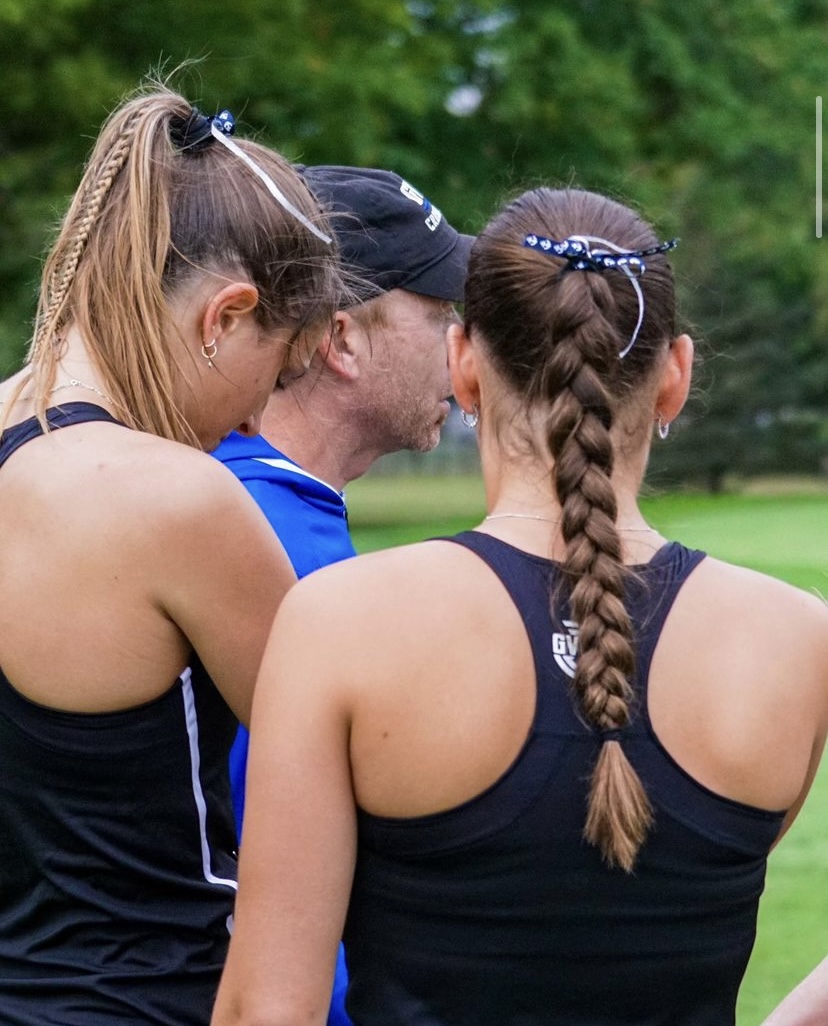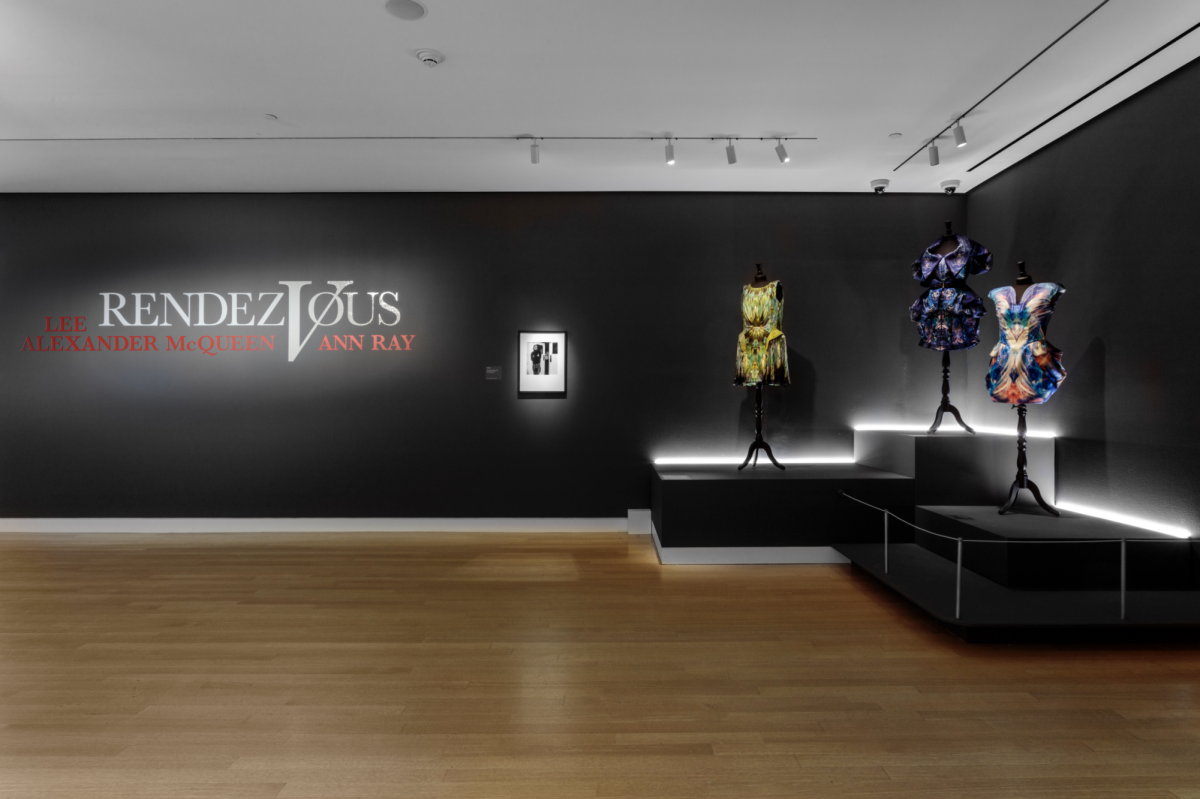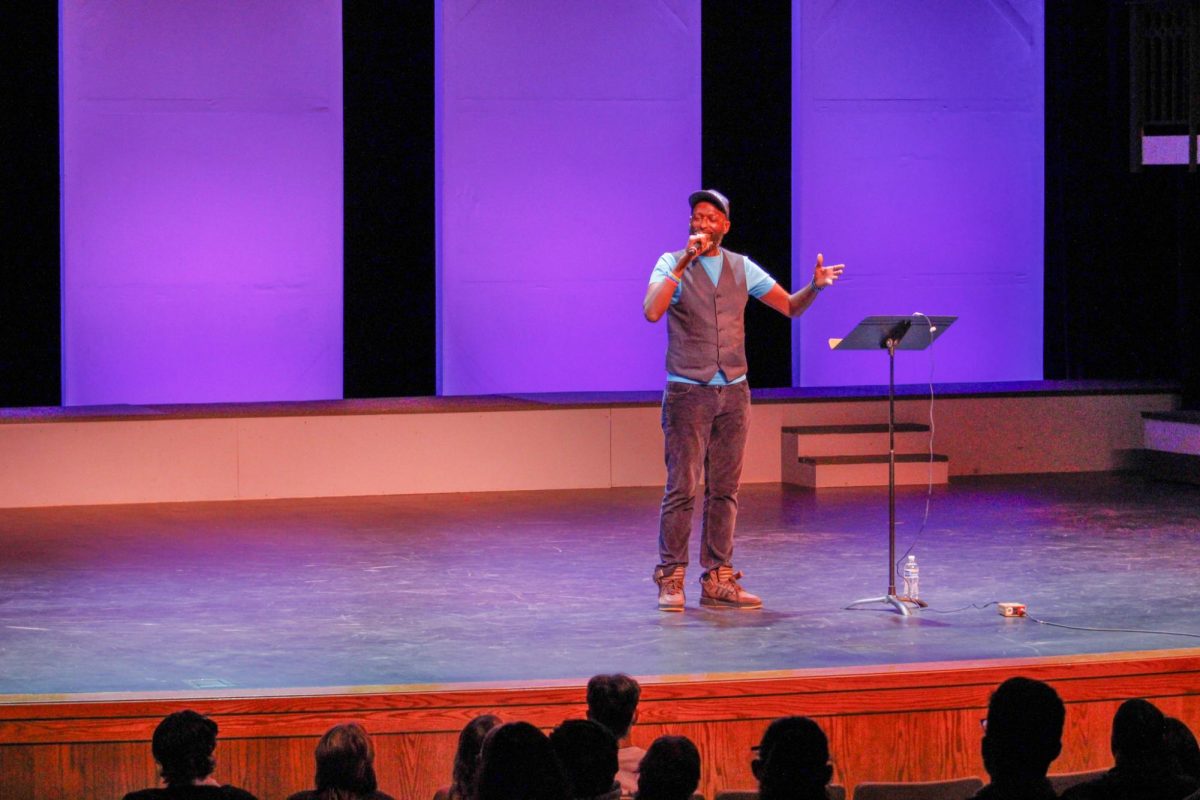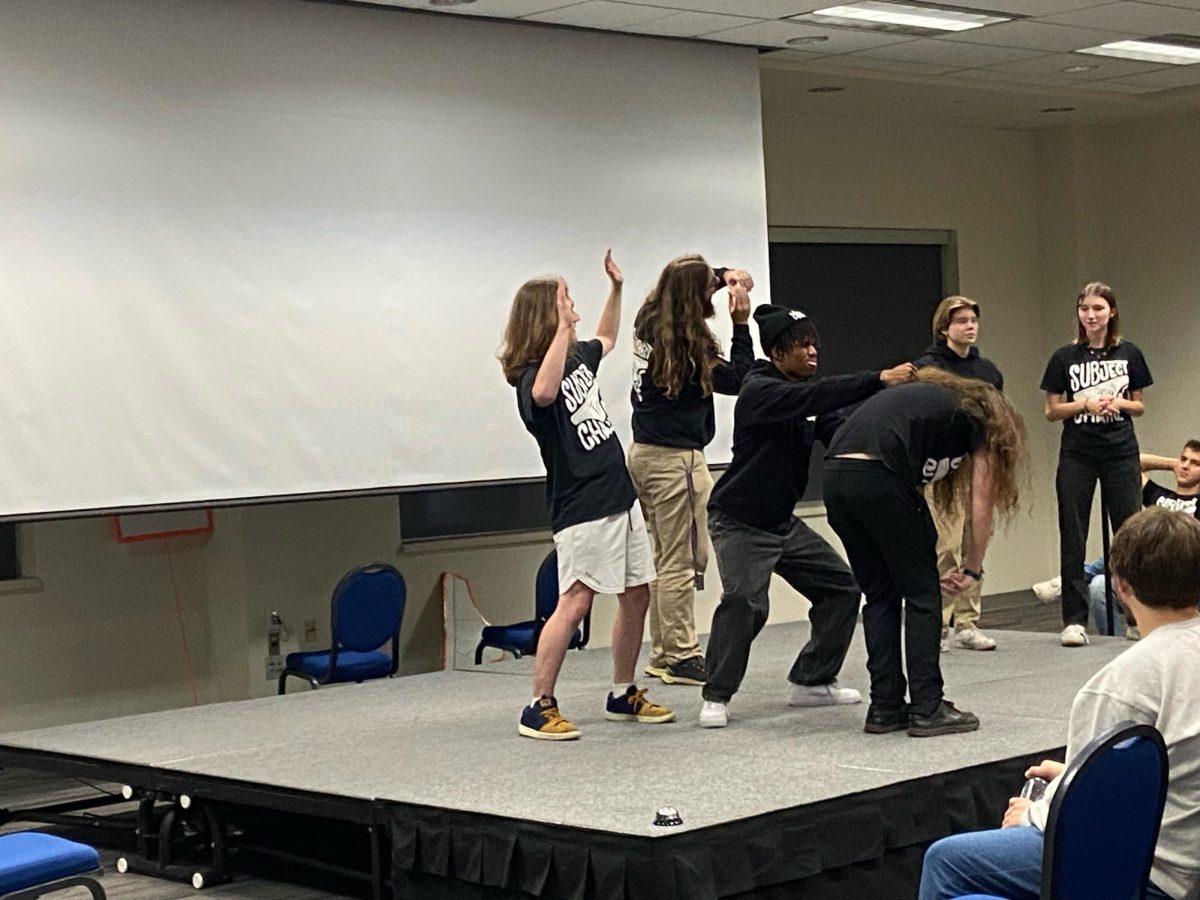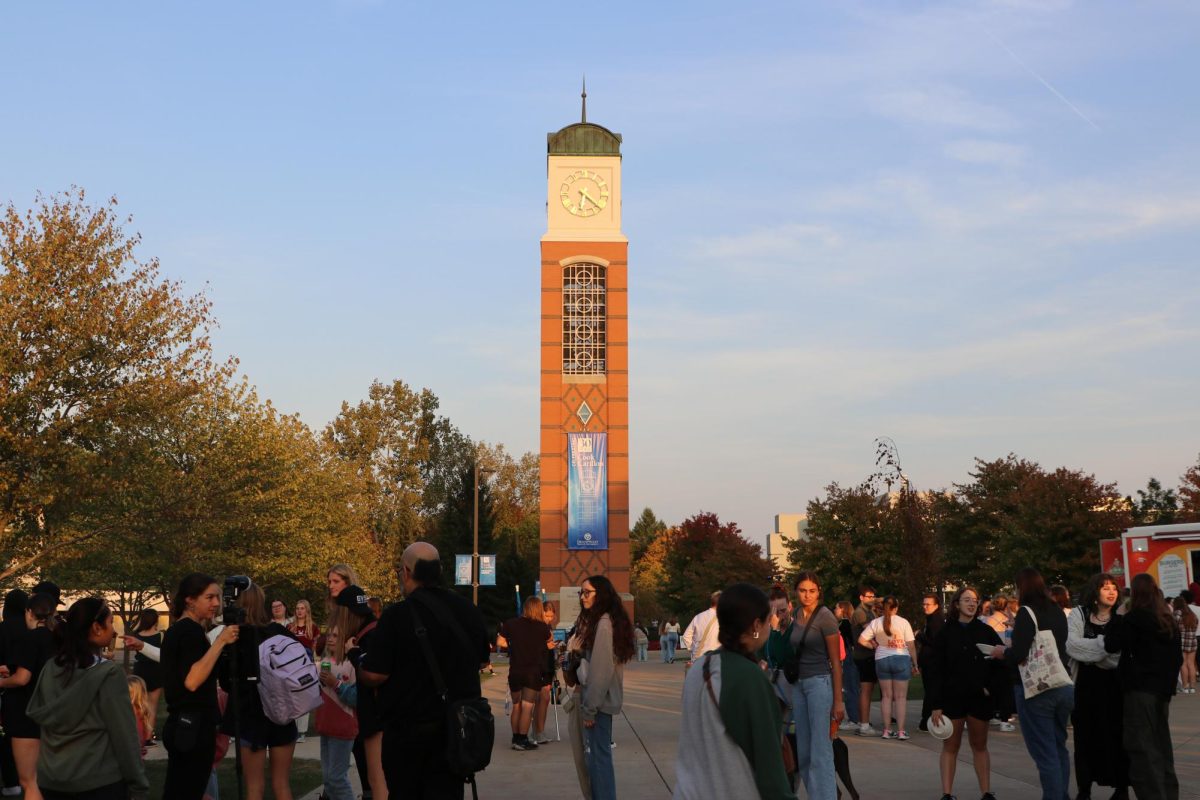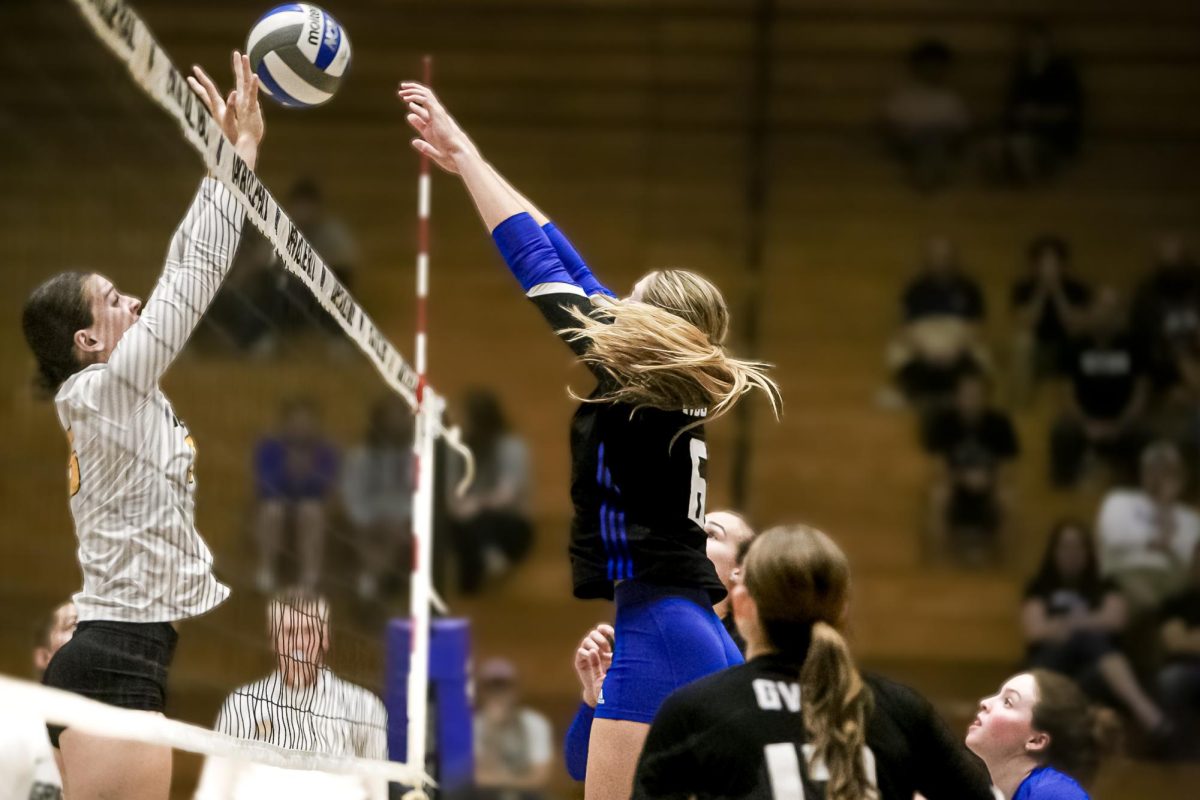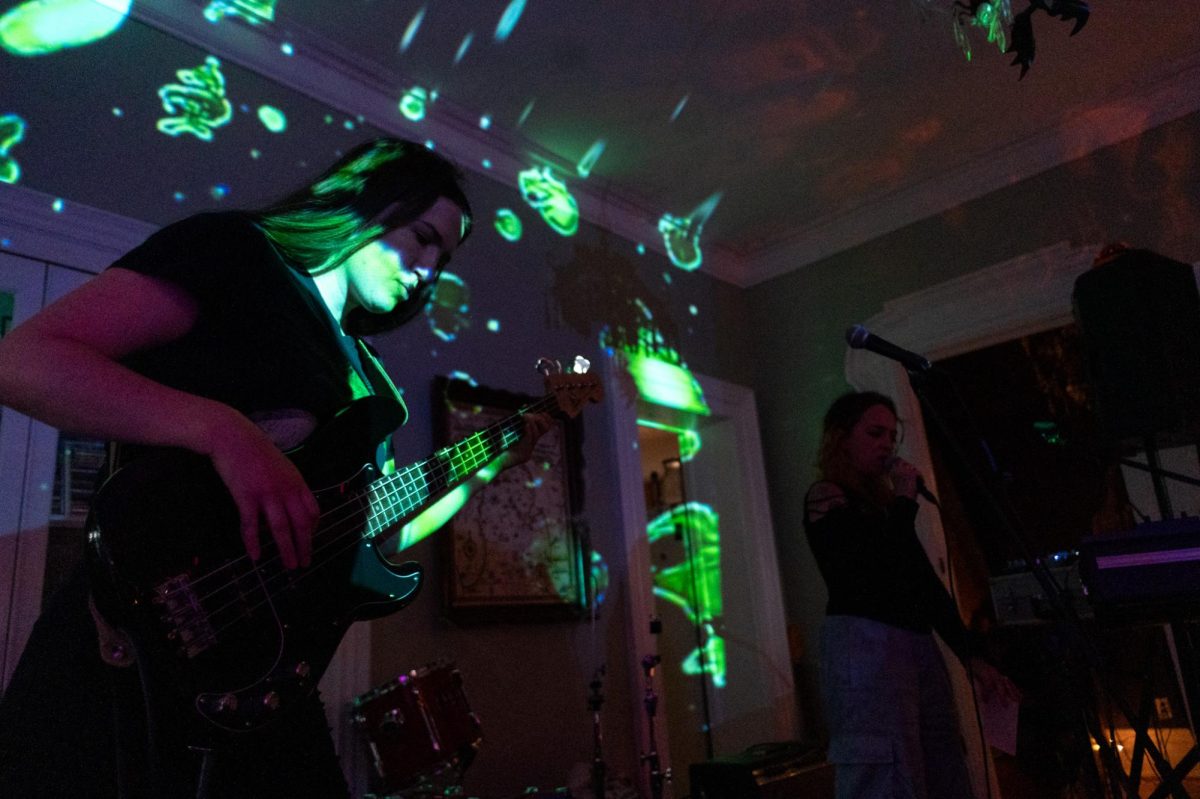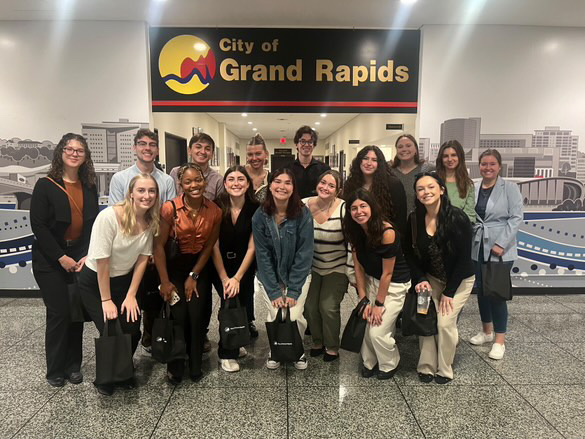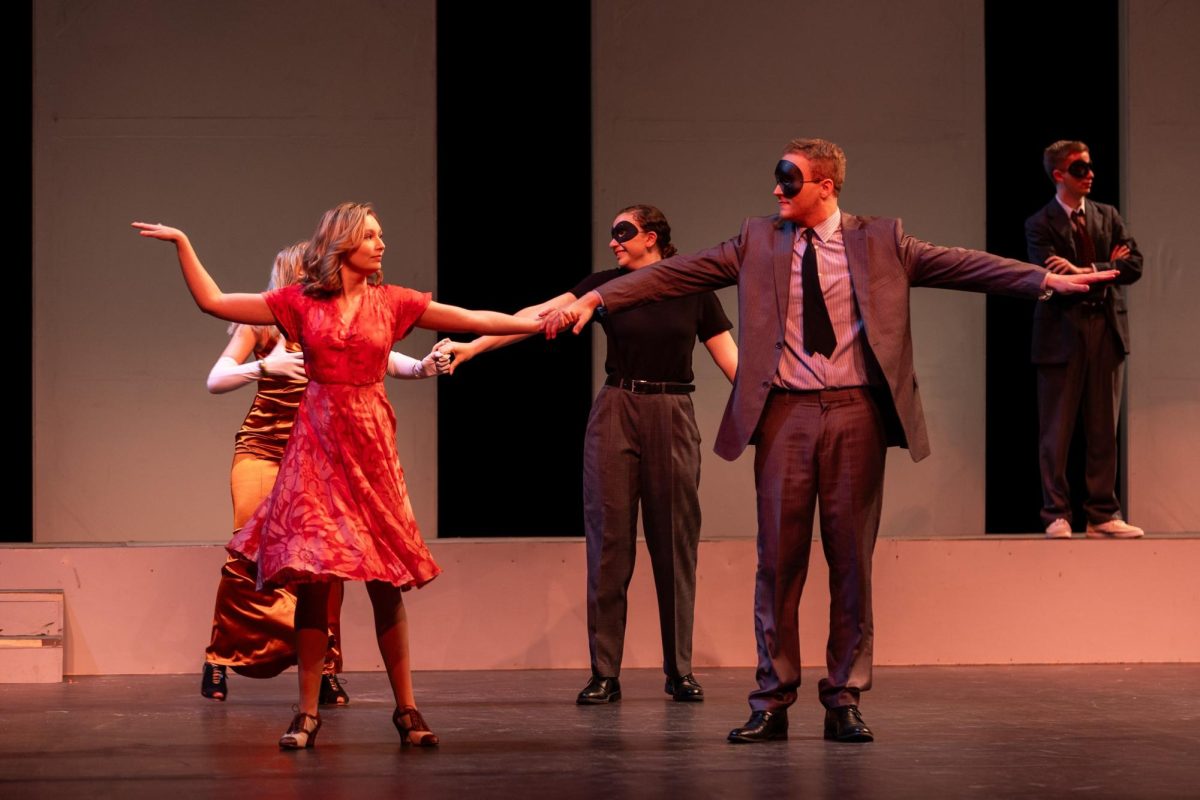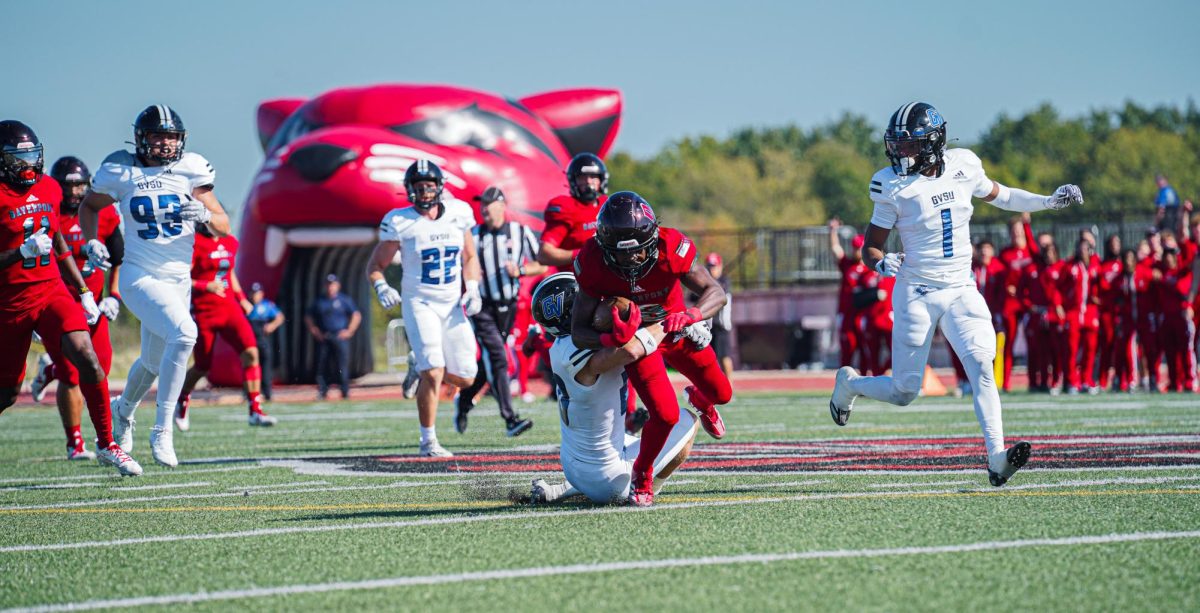GV hosts event promoting discussion of intersectional feminism
Nov 21, 2022
On Nov. 15, Grand Valley State University hosted a Talk Back Tuesday event in the university’s Kirkhof Center, with speakers Shayna Akanke Marie and Mariah Arnold leading discussions about intersectional feminism.
The event welcomed people of all genders and backgrounds to join the conversation, and each person was encouraged to share their experiences.
The speakers began the discussion by introducing themselves and sharing information about their experiences. They also introduced their podcast, “You Reachin,” to the group.
Marie explained her background and the oppression she has experienced while introducing the idea of intersectionality.
“Intersectionality is all about the compounding ways in which our marginalized identities show up,” Marie said.
According to Dictionary.com, intersectional feminism can be described as “a movement recognizing that barriers to gender equality vary according to other aspects of a woman’s identity, including age, race, ethnicity, class and religion, and striving to address a diverse spectrum of women’s issues.”
One facet of the topic Marie and Arnold explained was the importance of understanding the difference between dialogue and debate.
Debate, they said, is something that people use to be correct in an argument or to prove a point, whereas dialogue is about listening for the sake of understanding someone else’s perspective.
“For many people, debate goes in one ear and out the other,” Marie said.
When engaging in important conversations that can educate people on intersectional women’s issues, it is important to create healthy communication. Engaging in debate is often less effective than creating discussion, and it’s important to understand the difference between the two.
Marie shared a poem with the group, “A Woman Speaks” by Audre Lorde, a Black, lesbian poet who writes about finding the strength in her identities and what it means to be a woman and a feminist.
Marie said that Lourde and her poetry inspired her and spoke to her regarding feminism.
Later in the discussion, Arnold asked the question, “Has anyone ever been called a feminist?”
The group discussed how being labeled as a feminist is often used as an insult, although feminism is also seen by advocates as a compelling and uplifting concept for women and people everywhere.
With people from different backgrounds, generations and lived experiences in the room, the speakers stressed the importance of focusing on dialogue over debate and exploring different ways of communicating to facilitate the best discussion.
“It’s in our best interest to find strategies that are effective and don’t cause aversion (when discussing these issues),” Marie said.
The women also led conversation about events occurring in the nation of Iran and how women there are being treated.
According to Time, Mahsa Amini, a 22-year-old woman from Iran, was taken into the country’s custody in September for allegedly wearing her hijab “too loosely” and died shortly after. In the months following her death, protests against the Iranian government for their treatment of women have erupted.
As a result of the protests, over 300 people have been killed and over 15,000 have been arrested.
Following a discussion on how such events factored into the overarching topic of intersectional feminism, Marie and Arnold then redirected the discussion to explain some steps individuals can take to be more intersectional in their feminism.
The five steps Marie and Arnold outlined included examining one’s own privilege, actively listening to each other and engage in dialogue, practicing feminism through a broader, more inclusive lens to include non-binary and transgender people, people of color, poor folks and other groups, practicing reaching beyond bias and letting people know when they’re reaching and holding them accountable.
Through this event, Marie and Arnold ultimately sought to facilitate open discussion, welcome all people in attendance and create an environment conducive to having conversations about difficult topics.



